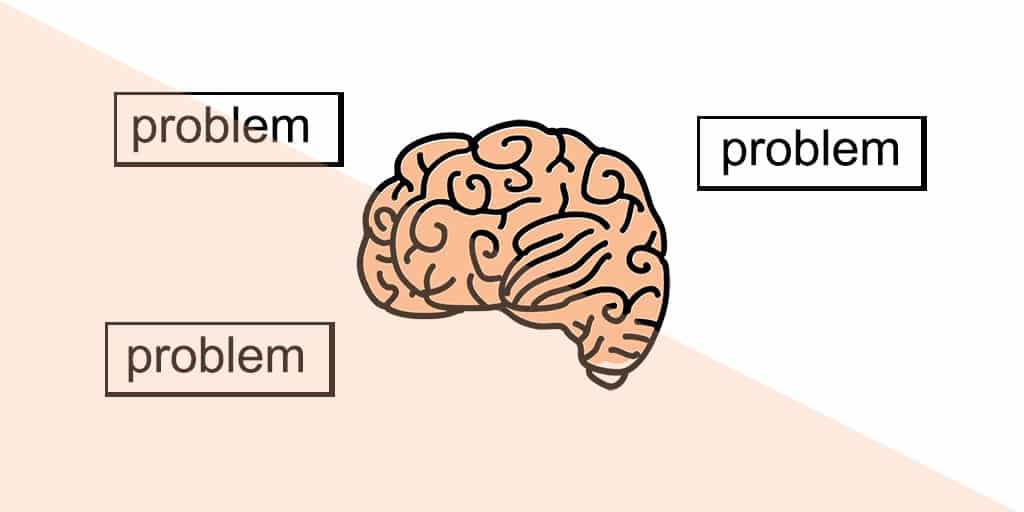Improving Mental Health Care to Underserved Communities

Poor quality mental health care for low and middle-income communities is a violation of fundamental human rights that denies people from enjoying high standard mental health services. There are wide gaps in the provision of quality mental health care primarily to vulnerable groups.
Cynthia Telles, the current Director of the UCLA Hispanic Neuropsychiatric Center of Excellence, is a dedicated professional with expansive experience in the world of psychiatry. She has a passion for serving underserved populations helping them to access high-quality and mental health care.
Here’s a summary of why she thinks quality mental health care is vital to undeserving communities.
Why is quality Mental Health Care Important?
In general, implementation of quality health care ensures that people with mental disorders access the latest knowledge and technology in the treatment and management of psychiatric conditions. A person with a mental ailment can benefit from quality health care. By reducing the symptoms, he’s able to lead a ‘normal’ life. Quality mental health care also implies that a patient gets proper treatment with dignity and respect despite his/her race or level of income.
Another outcome that positively reflects high-standard mental health care is the kind of support offered to the individual and his family that helps him cope and overcome the emotional consequences of mental illness.
In addition to receiving best treatment and care, high-quality mental health care should ensure that information and skills are provided to the family of the ailing member to help them integrate with the society and lead a ‘normal’ life.
People with mental challenges from poor communities are usually neglected and face human rights abuses in their homes. Good quality mental health care services build people’s confidence in treatment and how they view individuals who are affected.
Challenges Hindering Provision of High-Quality Mental Health Care
Several challenges act as the most significant obstacle that hinders the provision of high-quality mental health care services globally. Some of the most pressing problems include:
- Weak infrastructure in the health care system
- Inadequate provider training and support
- Ethnic barriers that hinder the integration of mental health care to low and middle-income populations
- Limitations in policy and technology
- Lack of evidence-based treatments and interventions in psychotherapy
These among other challenges have a significant effect on medicine and the intensity of provision of mental health care.
Measures to Improve Mental Health Care
Some efforts that will help engage multi-stakeholder groups and dedicated individuals in mental health care like Dr. Telles who has published extensively in mental health to improve the quality of mental health services include:
- Respect and empathy of the affected individuals
- Access to high-quality services
- High-quality physical environment for security and safety
- Regular service quality reviews including quality checks
- Education, fund efficiencies, staff recruitment among other measures.
Mental disorders are a common challenge experienced worldwide. Potential gaps can be adequately addressed among undeserving communities with the right kind of health services, and quality measures in place. Priority should be given to efforts that aim at alleviating the obstacles that hinder the provision of high quality health care to the population.
Have you read?
# World’s Best Countries To Invest In Or Do Business.
# Most Expensive Countries In The World To Live In, 2019.
# Global Passport Ranking, 2019.
Bring the best of the CEOWORLD magazine's global journalism to audiences in the United States and around the world. - Add CEOWORLD magazine to your Google News feed.
Follow CEOWORLD magazine headlines on: Google News, LinkedIn, Twitter, and Facebook.
Copyright 2025 The CEOWORLD magazine. All rights reserved. This material (and any extract from it) must not be copied, redistributed or placed on any website, without CEOWORLD magazine' prior written consent. For media queries, please contact: info@ceoworld.biz








